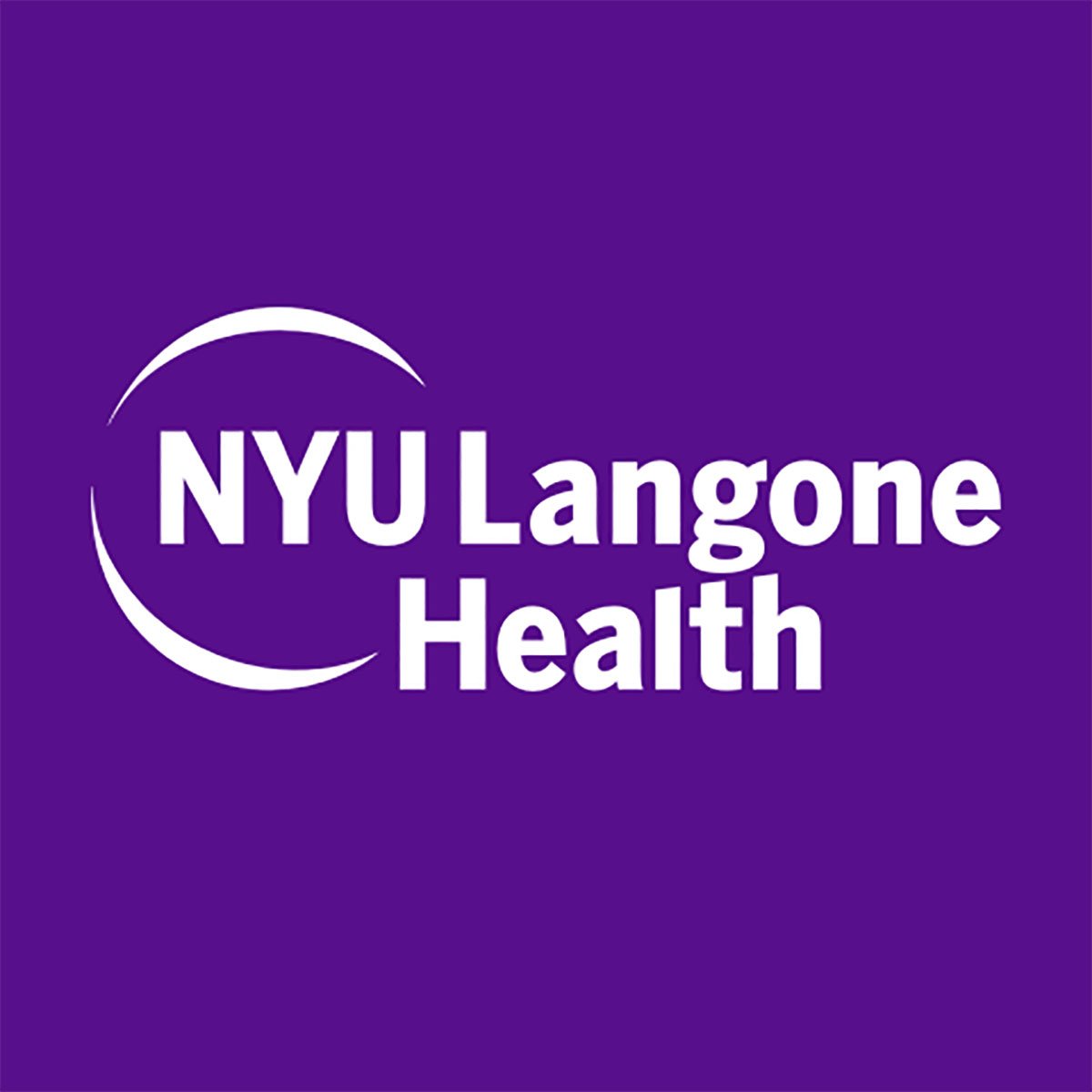ladreamin
Full Member
- Joined
- Apr 26, 2020
- Messages
- 19
- Reaction score
- 3
I'll be a freshman this Fall and I really want to pursue pre-med.
I'm an international student and so I need to go to med school (if I can reach that stage, that is) right after undergrad, w/o taking a gap year, due to visa issues. So my question is, is that possible if I take my MCAT in the summer after my junior year and then apply for med school? If yes, then will I be inexperienced (since I won't have that many ECAs under my belt) and not mature enough (I'll be 22 at the end of Fall semester of my Junior year) and have lesser chances of getting in or will I not have enough time to create good applications and write a good PS and secondaries and possibly attend interviews (if I'm called in, that is) during my senior year?
Because from what I've researched (and correct me if I'm wrong), it is not possible to take the MCAT by sophomore year since I'll just have to cram in a lot of pre-reqs, which will most likely, in turn, hurt my GPA. I'm completely at a loss.
I really really really want to become a doctor and there's nothing I wouldn't do to have a strong med school application but I also don't want to plan my first two years full of rigorous courses and ECAs because I don't think I'll be able to handle that. But I'd like to hear about opinions otherwise. And there's also no way I could afford a gap year since I can't stay in the US after my visa expires (which will be about 6 months after I graduate) and I don't have a student status anymore.
So anyone giving an insight as to how I could solve this problem will be HIGHLY HIGHLY appreciated. Thanks in advance.
I didn't expect it to be this long sorry but I hope I could get myself through.
I'm an international student and so I need to go to med school (if I can reach that stage, that is) right after undergrad, w/o taking a gap year, due to visa issues. So my question is, is that possible if I take my MCAT in the summer after my junior year and then apply for med school? If yes, then will I be inexperienced (since I won't have that many ECAs under my belt) and not mature enough (I'll be 22 at the end of Fall semester of my Junior year) and have lesser chances of getting in or will I not have enough time to create good applications and write a good PS and secondaries and possibly attend interviews (if I'm called in, that is) during my senior year?
Because from what I've researched (and correct me if I'm wrong), it is not possible to take the MCAT by sophomore year since I'll just have to cram in a lot of pre-reqs, which will most likely, in turn, hurt my GPA. I'm completely at a loss.
I really really really want to become a doctor and there's nothing I wouldn't do to have a strong med school application but I also don't want to plan my first two years full of rigorous courses and ECAs because I don't think I'll be able to handle that. But I'd like to hear about opinions otherwise. And there's also no way I could afford a gap year since I can't stay in the US after my visa expires (which will be about 6 months after I graduate) and I don't have a student status anymore.
So anyone giving an insight as to how I could solve this problem will be HIGHLY HIGHLY appreciated. Thanks in advance.
I didn't expect it to be this long sorry but I hope I could get myself through.


